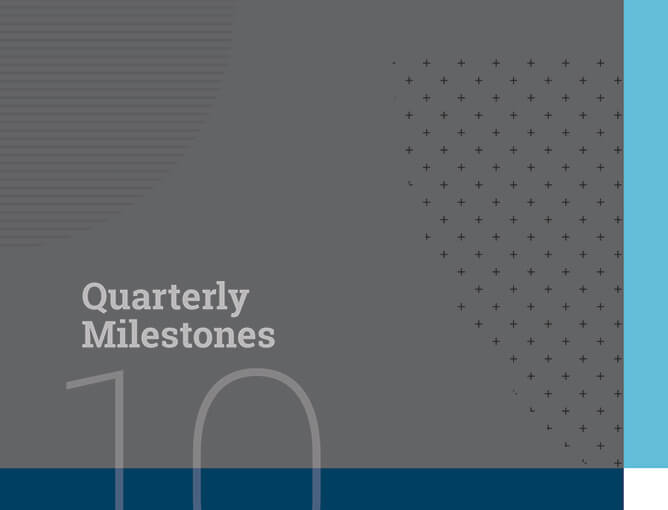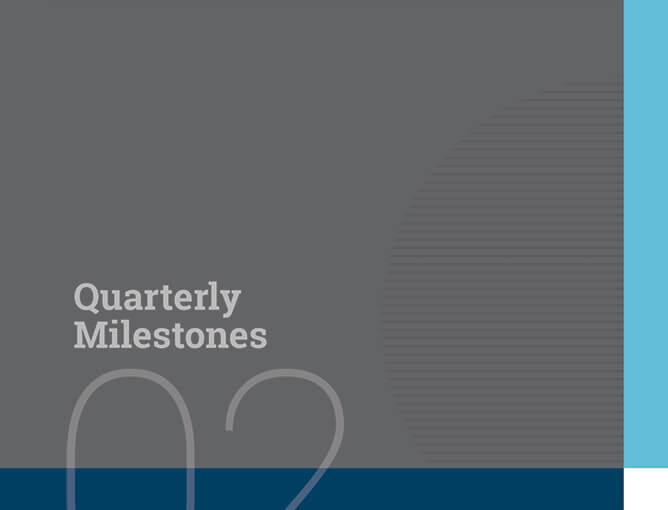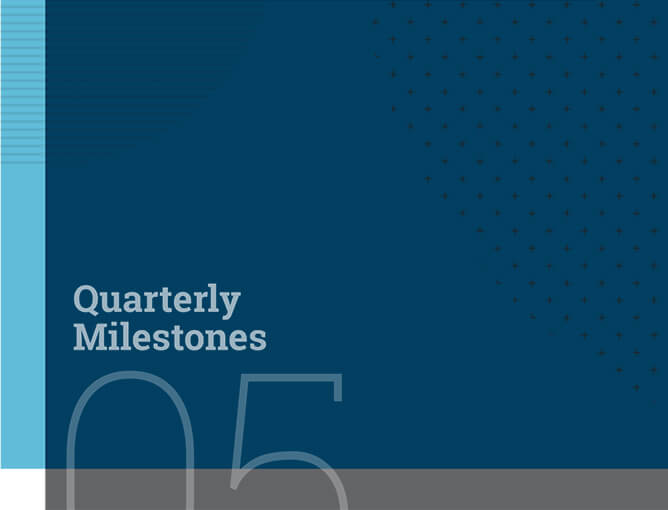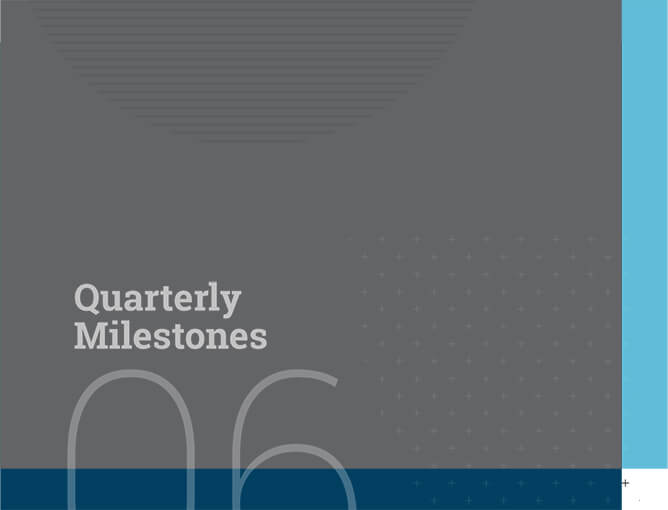
Himanshu SinhaPartner

Samyak JainSenior Associate

Shreetama GhoshAssociate
Key Developments
-
Goods and Services Tax imposable at the rate of 28% on ‘online money gaming’
Following recent amendments, Goods and Services Tax (GST) will now be payable by online gaming platforms at 28% of the full bet value as a supply of actionable claims. Further, the amendments make it mandatory for offshore online gaming platforms providing their facility to Indian persons to get registered under the GST laws in India and pay 28% GST akin to similar platforms operating from India.
Pertinently, games of skill were earlier held to be outside the scope of GST by the Karnataka High Court in Gameskraft Technologies Pvt. Ltd. v DGGI, New Delhi (Gameskraft). However, the newly introduced definition of ‘online money gaming’ under the GST law includes all such games on the internet where there is an expectation of winning money, irrespective of whether they are games of skill or chance or both.
The GST authorities are maintaining that these amendments (which were notified on 18 August 2023 and have become operational from 1 October 2023) are merely clarificatory in nature. Accordingly, the authorities have started issuing notices to various online gaming companies to recover the GST amounts due since the inception of GST, i.e., 1 July 2017.
It remains to be seen whether such retrospective treatment of these provisions by the GST authorities will stand the test of judicial scrutiny before the Supreme Court, where a review of the Gameskraft decision is pending.
-
Import license to become mandatory for laptops, tablets, etc.
The Directorate General of Foreign Trade (DGFT) has placed the import of laptops, tablets, all-in-one personal computers, and ultra small form factor computers and servers falling under HSN 8471 in the ‘restricted’ category. This new restriction requires any person importing more than one unit of such goods to obtain a ‘license for restricted imports’ from the DGFT portal. The only exceptions to this are if the goods are imported for:
- research and development, testing, benchmarking and evaluation,
- repair or return,
- re-export, or
- falling within exemption relating to personal baggage, or
- if they form a part of capital goods.
This restriction is brought about to regulate the import and promote the domestic production of such goods in India. The restriction is in line with the Production Linked Incentive Scheme for IT Hardware launched by the Government of India recently, which offers a 4% incentive on incremental production of (i) laptops (ii) tablets (iii) all-in-one personal computers (iv) servers and (v) ultra small form factor computers.
While various representations have been made to the government by relevant stakeholders to reconsider the requirement of procuring a license for importing the said equipment, it remains to be seen whether the government will modify its stand on the same.
-
Kerala High Court holds that input tax credit cannot be denied only on the basis of non-reflection of the amount in inward supply statements of recipients
Numerous notices have been issued by GST authorities to deny input tax credit (ITC) on procedural grounds like amounts not reflecting in the inward supply statements of the recipients (GSTR-2A), or differences between the monthly returns of the suppliers (GSTR-3B) and GSTR-2A filed by the recipients. Addressing these issues, the Kerala High Court has ruled, in two separate matters, that the denial of ITC only on the ground of non-reflection of the amount in GSTR-2A or due to differences in the amounts reflected in GSTR-2A of the recipient and GSTR-3B of the supplier is not sustainable. The High Court has remanded such matters for fresh adjudication on the genuineness of the ITC claim basis evidence such as actual receipt of goods or services, tax invoices, payment particulars proving the payment of GST by the recipients, etc., as prescribed by the Supreme Court in State of Karnataka v Ecom Gill Coffee Trading Pvt. Ltd. (To read our detailed update on the Ecom Gill ruling, click here.)
While these decisions are in favour of the taxpayers, the burden of proof on the recipients to establish the actual payment of GST by the suppliers is sub judice and still needs to be addressed. At present, there are conflicting High Court decisions on the issue of claiming ITC when tax has not been paid by the suppliers.
-
Andhra Pradesh High Court upholds the constitutional validity of the time limitation for claiming input tax credit under the Goods and Services Tax regime
Several petitions have been filed before various high courts challenging the constitutional validity of the time limitation for claiming ITC under the GST laws. The Andhra Pradesh High Court has issued the first decision on this issue, upholding the constitutional validity of the provision.
The Court held that ITC is neither a statutory nor a constitutional right, and is merely a benefit provided under the GST law, subject to the fulfilment of the prescribed conditions. One of the prescribed conditions is that ITC in respect of any invoice or debit note for a supply must be availed on or before 30 November following the end of the financial year to which such invoice or debit note pertains or furnishing of the relevant annual return, whichever is earlier. The High Court held that this condition does not violate any constitutional right of taxpayers.
While the possibility of this issue coming up before the Supreme Court cannot be ruled out, taxpayers are advised to avail ITC within the prescribed time limit to avoid any unwarranted tax leakage.
-
The activity of holding shares in a subsidiary is not subject to Goods and Services Tax
Multiple notices have been issued by GST authorities to companies since 2022 to recover GST on their controlling shareholding in subsidiaries, considering that to be a supply of services. A clarification has now been issued by the Central Board of Indirect Taxes and Customs to the effect that securities held by holding companies in their subsidiary companies are neither goods nor services. Accordingly, the activity of holding shares of the subsidiary by a holding company is not subject to GST. This clarification comes as a prompt relief to the industry at large without having to engage in extensive litigation on the issue.












